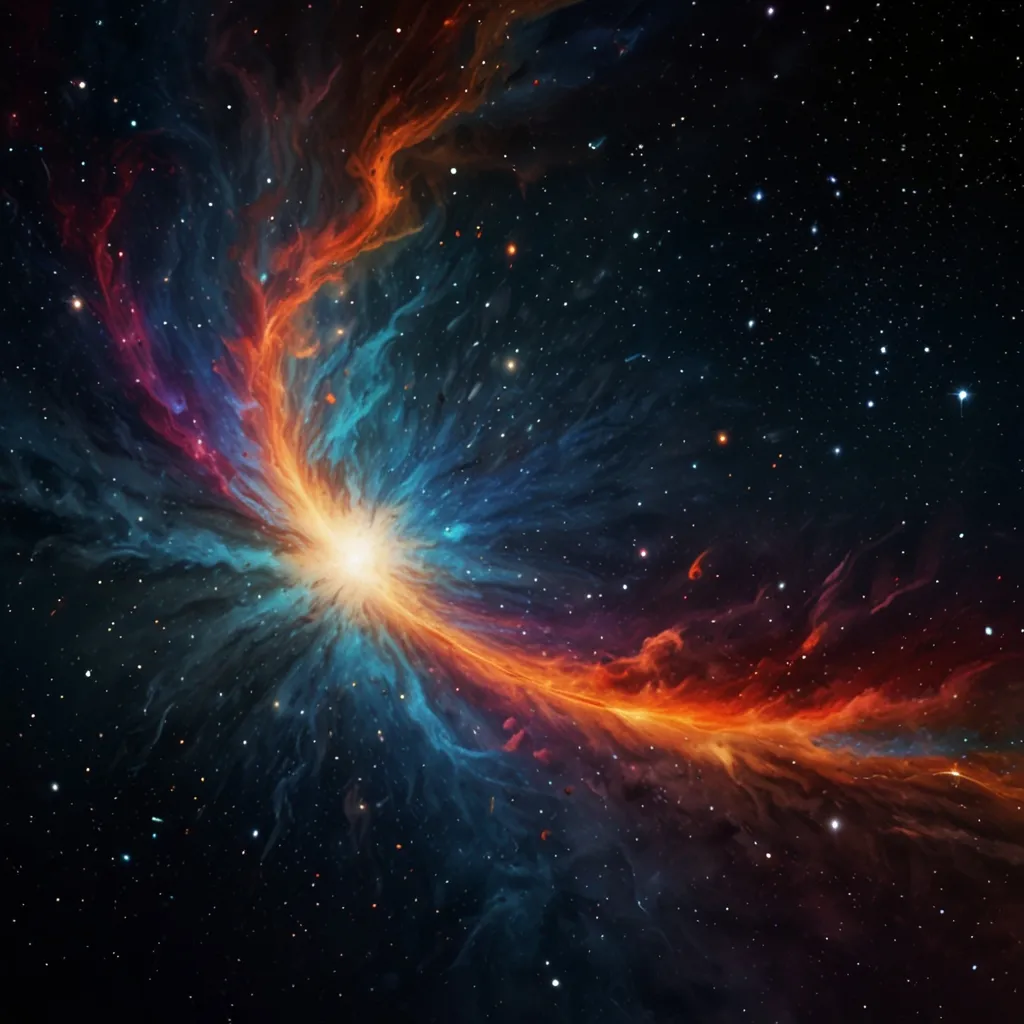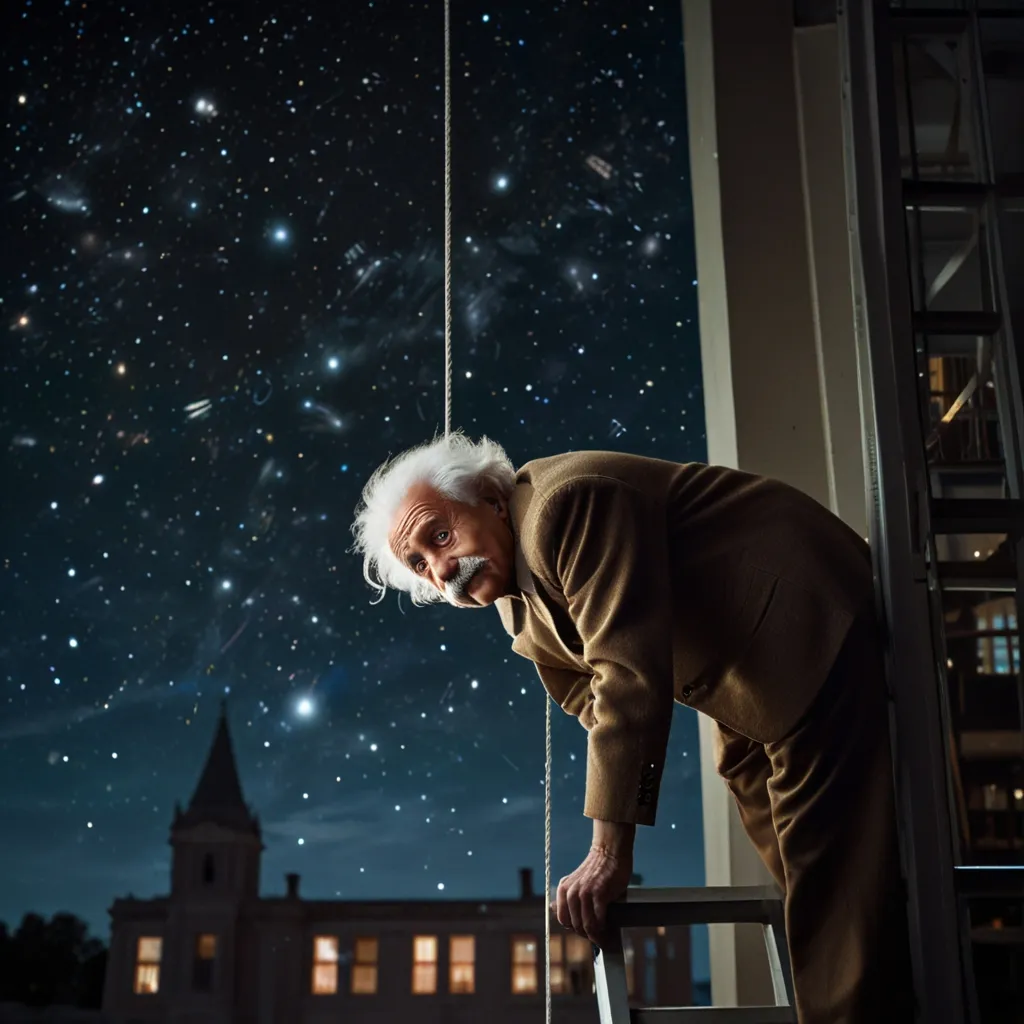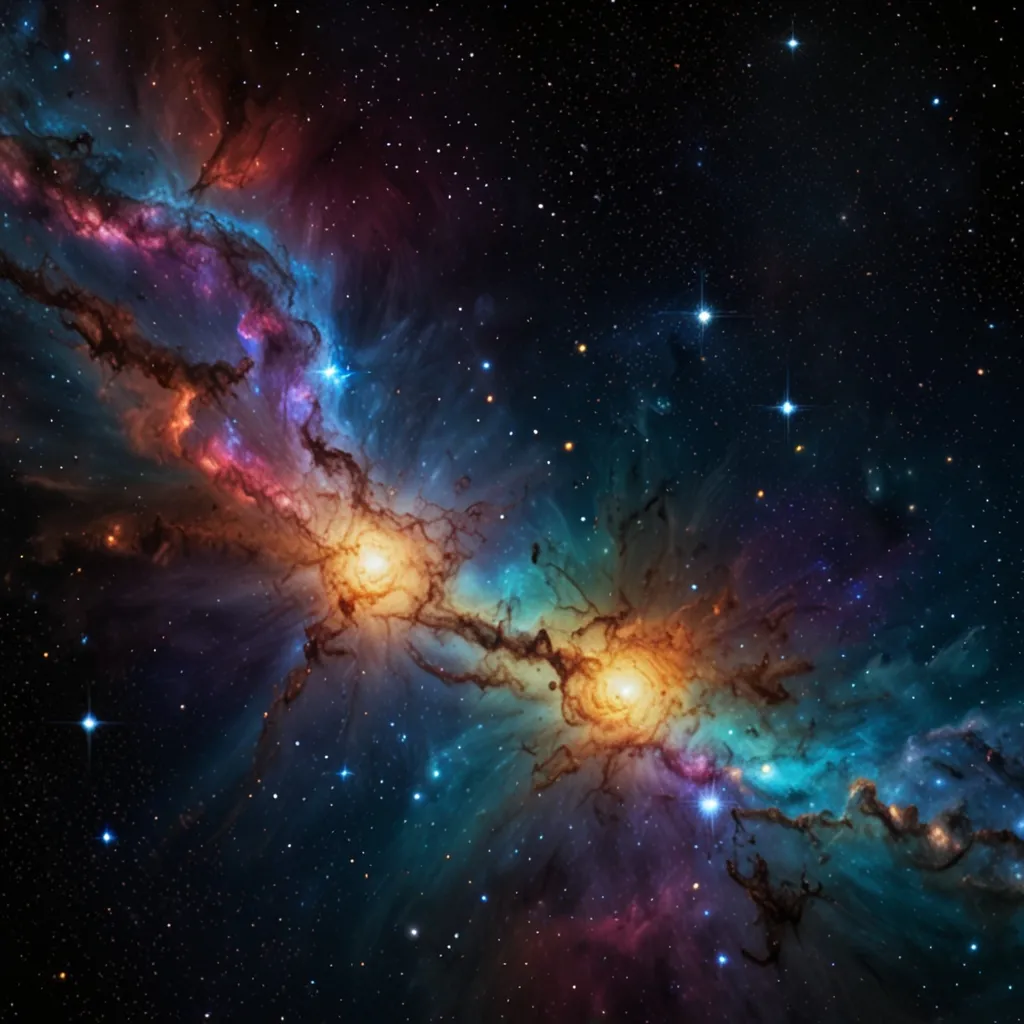The Big Bang Theory, detailed as the Lambda-CDM model, explains how the universe expanded from an initial state of high density and temperature. This theory stands as the leading explanation for the universe’s origin. Supported by observational data and reasonably understood by cosmologists, it remains unclear what precipitated the Big Bang. Essentially, the question of what came before the Big Bang challenges our current grasp of physics and time.
First off, the Big Bang wasn’t a traditional explosion. Rather, it was an expansion of space itself. Trying to visualize this from an external perspective, similar to animations, is inaccurate since such a viewpoint might not have existed. At the Big Bang’s occurence, some 13.8 billion years ago, the density and temperature of the universe underwent rapid reduction. This theory gains support from Edwin Hubble’s 1929 discovery regarding the universe’s expansion, and the cosmic microwave background radiation detected by Penzias and Wilson in 1964, both of which align with the aftermath of the Big Bang.
Despite our understanding of the Big Bang’s mechanisms, the “how” and “why” behind its occurrence remain elusive. Einstein’s general relativity merges space and time into a single continuum, suggesting that time began with the Big Bang. Asking what happened before the Big Bang is akin to questioning what lies north of the North Pole; it’s a tricky concept to even frame. Still, physicists are driven to explore these unknowns, proposing various theories though these remain speculative and not yet confirmed by established science.
Among these theories is the idea of a cyclic or bouncing universe, where expansions and contractions write an eternal cosmic dance. This scenario posits that the universe could undergo many such cycles—expanding, contracting, and then expanding again. However, current observations, indicating the universe’s accelerating expansion due to dark energy, challenge this hypothesis.
Another theory involves the concept of a Multiverse, suggesting our universe is but one bubble in a vast sea of universes. This idea stems from the notion of Eternal Inflation, which could give rise to countless separate “bubble” universes. These universes, including ours, would form during localized stoppages in inflation in an ever-expanding space.
A different angle explores if our universe could indeed emerge from nothing, as suggested by quantum mechanics. In this view, quantum fluctuations in a vacuum could bring about SpaceTime itself. Energy conservation principles and quantum mechanics allow for particles and entire spaces to momentarily appear and disappear. Under certain conditions, these fluctuations could birth a universe.
While none of these theories distinctly positions our universe as unique, each suggests we are part of a grander, possibly infinite, cosmic tapestry. Our efforts to understand what occurred before the Big Bang encounter the singularity— an informational boundary beyond which our physical theories fail. This is why advances in quantum gravity are vital, as they may shed light on these profound mysteries.
Though we don’t yet know what preceded the Big Bang, this mystery invites deeper inquiry. Every unanswered question beckons scientists, philosophers, and dreamers to uncover further secrets of the cosmos.






